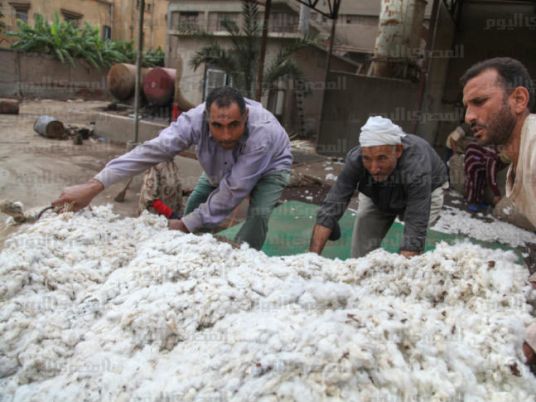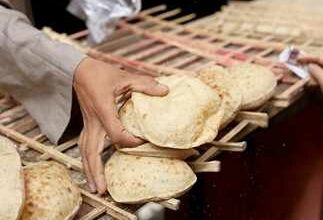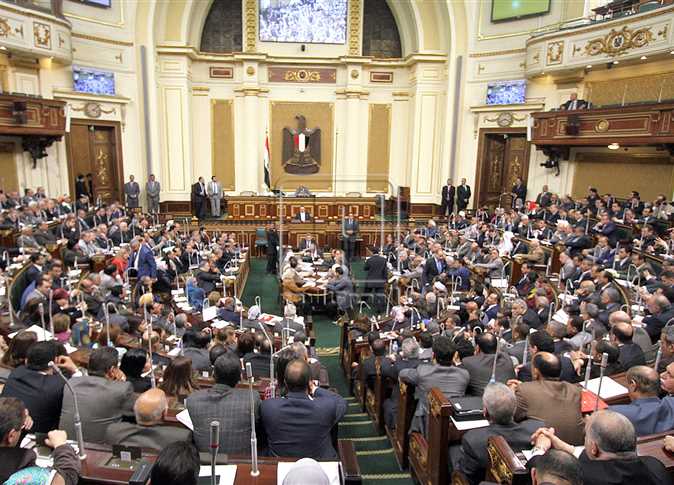
Egyptian businessmen are searching for alternatives to save the cotton industry after the recent decision by the government to lift subsidies provided to its planters.
The agricultural committee at the Egyptian Businessmen’s Association has convened to discuss consequences of Agriculture Minister Adel al-Beltagy’s decision to cancel financial subsidies provided to the farmers.
Committee chairman Alaa Diab suggested the establishment of a stabilization fund to help balance the prices as an alternative to subsidies, saying that the fund would curb the dangers resulting from plummeting world prices of the Egyptian crop, and would also secure farmers a minimum price.
Diab said the government should issue new legislation that can boost the cotton industry through investment in seeds production, as well as setting quality standards for spinning and weaving factories.
Diab said his committee intends to provide the agriculture ministry with proposals for a new policy that targets alternative mechanisms for the cotton production away from government support.
Waleed Abdel Rashid, another committee member, said the cotton plantation’s reliance on government support has caused wrongful practices that negatively affected its quality.
Abdel Rashid noted that Egyptian governments have solely focused on financial support while disregarding enhancement of the crop and the preservation of its distinguished genetic characteristics that determine its world price. He pointed to what he described as “deterioration” in the quality of existing seeds, which, he said, led to the drop in the crop’s world rate. Abdel Rashid said that quality seeds are only used at cotton research centers, urging the state to make use on a wider scale.
Committee member Dorra Fiani said the government is required to enable the private sector to invest in the breeding and production of cotton seeds in collaboration with the ministry’s research centers so as to maintain the crop’s world market value.
Governments’ subsidies to cotton farmers are to blame for the worsening quality of the crop, Amgad al-Attal, another committee member, said. He explained that exporters and merchants used to buy large quantities of cotton disregarding the world prices, encouraged by the government’s subsidization, thus leading to declining quality.
Attal, too, urged the creation of a stabilization fund to balance the crop’s price. He said the fund would secure a profit margin for farmers and, therefore, encourage the cultivation. The fund can be financed by businessmen and the government, said.
Attal noted that had the fund been established as part of the 1999 law to liberate the cotton trade, it would have saved the state nearly LE3 billion spent in subsidies for local producers.



